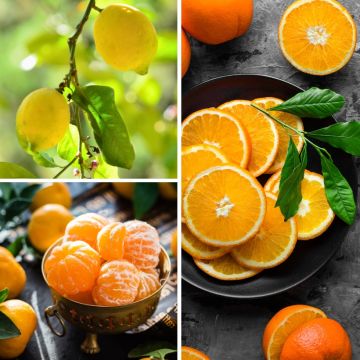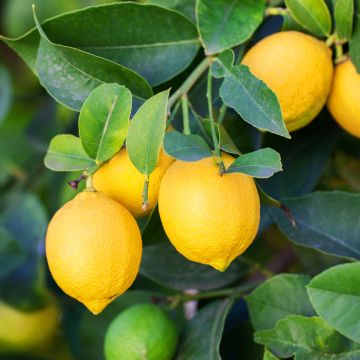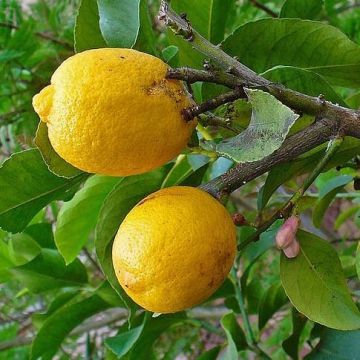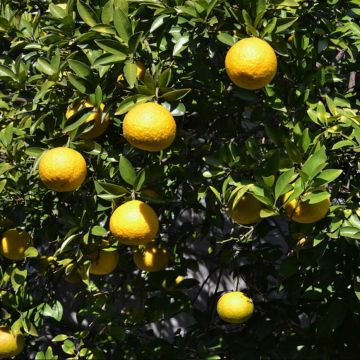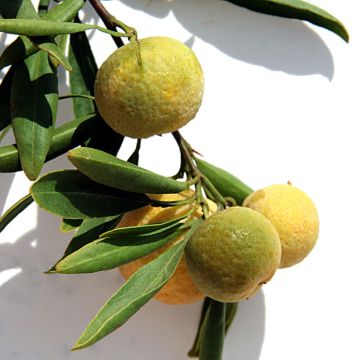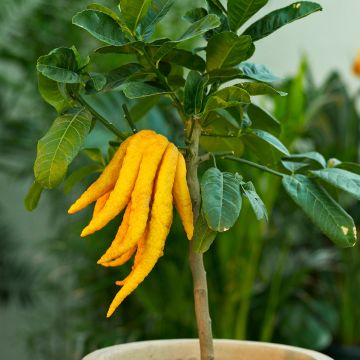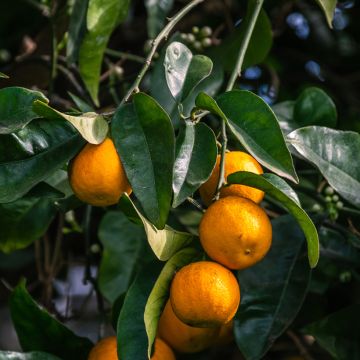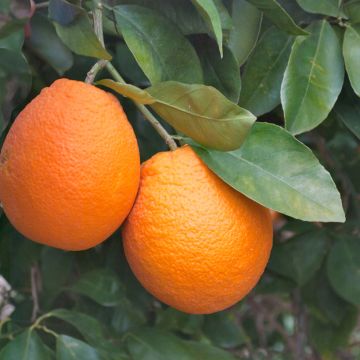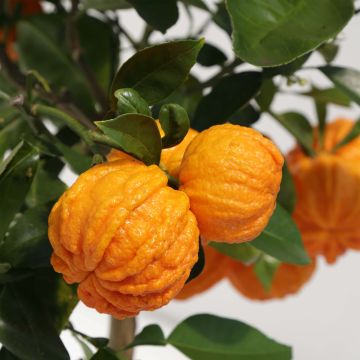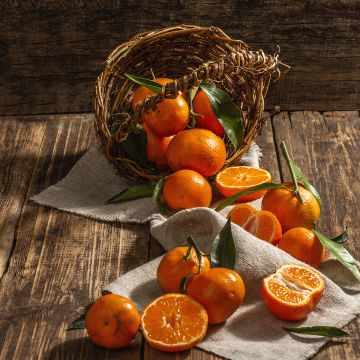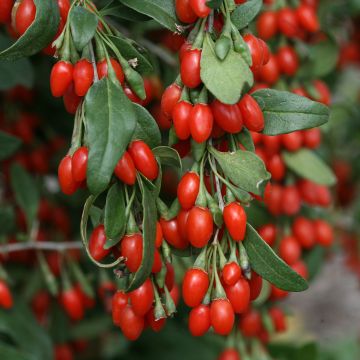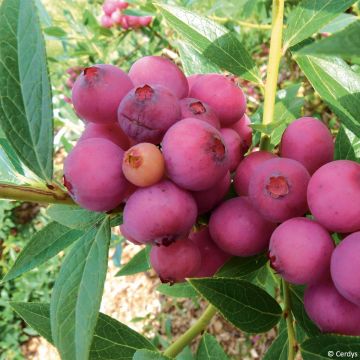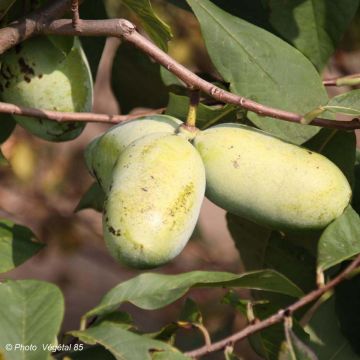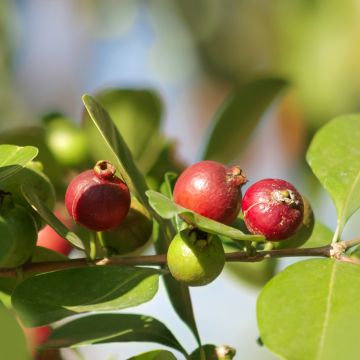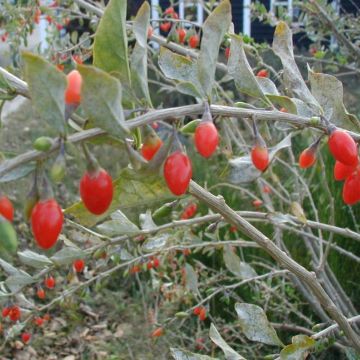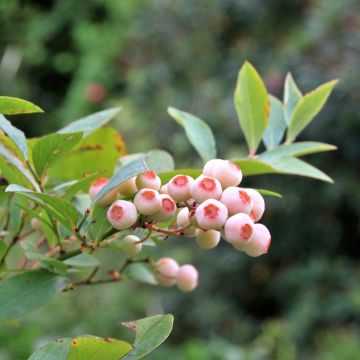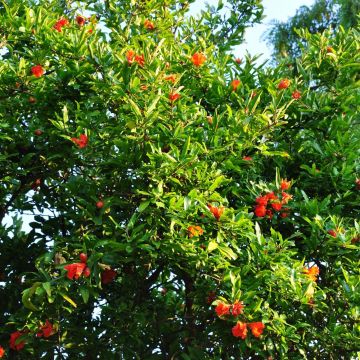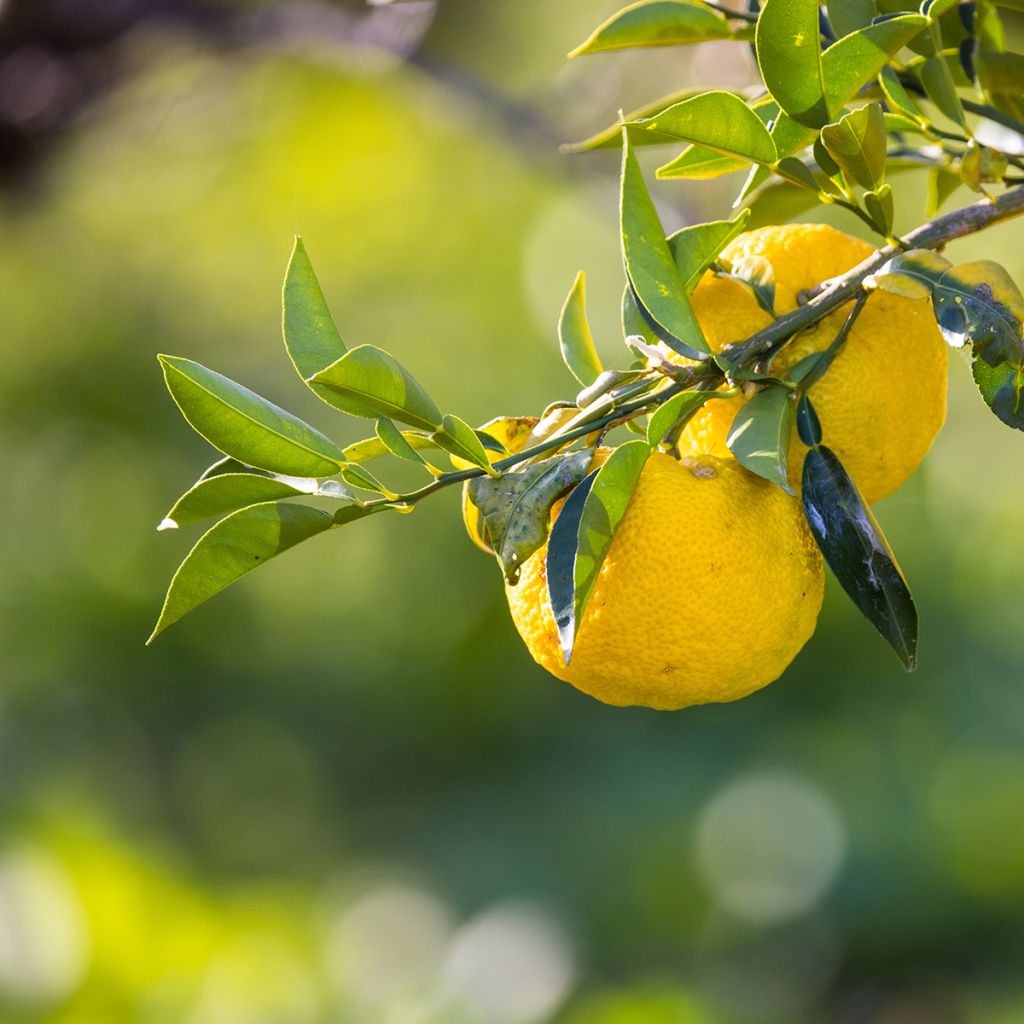

Yuzu - Citrus junos
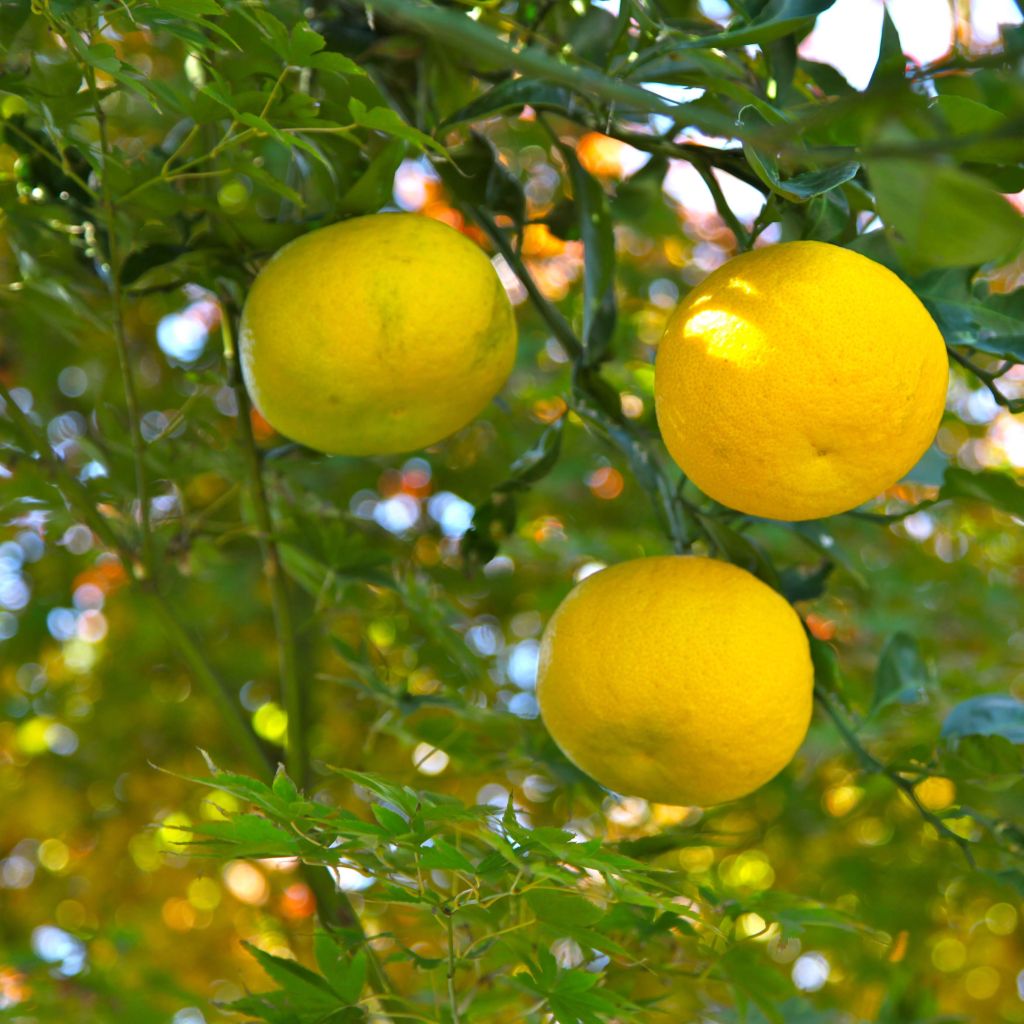

Yuzu - Citrus junos
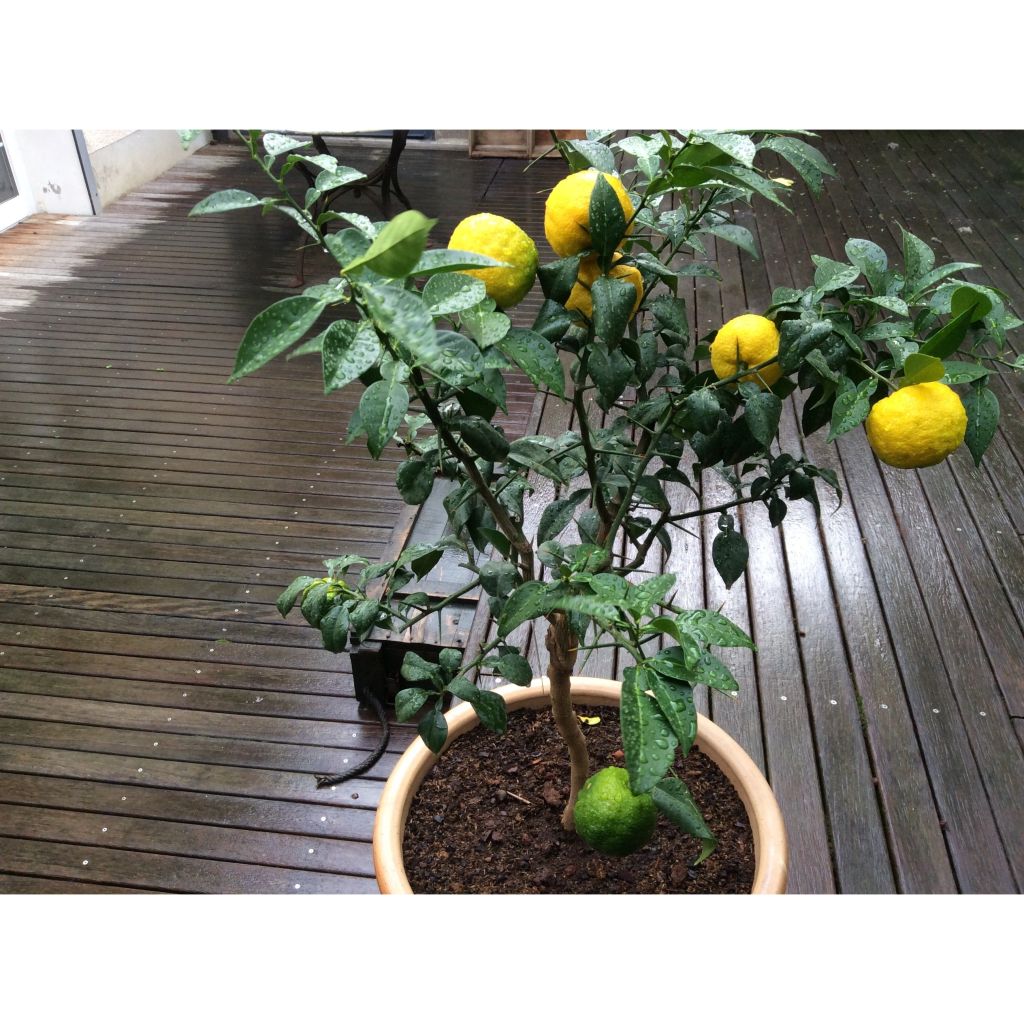

Yuzu - Citrus junos
Yuzu - Citrus junos
Citrus junos
Yuzu
Wonderful little bush that will grow very tall and with the promise of lots of fruits. Thank you for all these opportunities.
Nath44 , 28/02/2025
Special offer!
Receive a €20 voucher for any order over €90 (excluding delivery costs, credit notes, and plastic-free options)!
1- Add your favorite plants to your cart.
2- Once you have reached €90, confirm your order (you can even choose the delivery date!).
3- As soon as your order is shipped, you will receive an email containing your voucher code, valid for 3 months (90 days).
Your voucher is unique and can only be used once, for any order with a minimum value of €20, excluding delivery costs.
Can be combined with other current offers, non-divisible and non-refundable.
Home or relay delivery (depending on size and destination)
Schedule delivery date,
and select date in basket
This plant carries a 6 months recovery warranty
More information
We guarantee the quality of our plants for a full growing cycle, and will replace at our expense any plant that fails to recover under normal climatic and planting conditions.
Description
The Yuzu or Yuzu lemon (Citrus junos) is a Japanese citrus tree highly appreciated for the extraordinary fragrance of its juice and the peel of its fruits. It is an essential ingredient in Japanese cuisine and is also used to make the famous yuzu sauce.
Slightly flattened, the yuzu fruit resembles a yellow mandarin and is harvested from September to November.
Still relatively uncommon in gardens, the yuzu lemon tree is a small, hardy bush that can withstand temperatures as low as -10 °/ -12 °C in a sheltered location. It has a beautiful and fragrant flowering in spring. Its branches are very thorny and its growth is slow, especially during the first few years.
It can be grown in a pot, but it can also be planted in the ground in regions with mild winters, in a neutral to acidic soil. It should be kept cool throughout the growing season and regularly amended.
Yuzu, a hardy Japanese citrus tree
Citrus junos is a large shrub belonging to the Rutaceae family. It is a hybrid cultivated for millennia in Japan, resulting from the cross-breeding of the wild mandarin, Citrus deliciosa, and Citrus ichangensis, two relatively hardy citrus trees.
Fairly vigorous but slow-growing, especially in its early years, the yuzu citrus is a small, very thorny bushy tree that reaches a height of 4 meters and a width of 3 meters (10 feet) when fully grown.
Hardy down to -10/-12 °C, it can withstand short periods of frost and can therefore be planted in the ground in the olive tree zone, in a sheltered location. Elsewhere, it should be grown in a pot and stored indoors during the first frost.
Cultivated for its uniquely fragrant and aromatic fruits, this Japanese lemon tree blooms abundantly in March-April on plants at least 4 years old, but does not necessarily bear fruit every year. It produces small white flowers with a pleasant fragrance, light and subtly spicy notes.
The flowers give way to fruits that resemble mandarins in size and shape. Their thick skin is initially green and then turns yellow when ripe, with a slightly bumpy texture.
The flesh of the fruit, yellowish and translucent, is filled with numerous seeds. Its very acidic flavor is a combination of grapefruit and mandarin, with subtly spicy notes borrowed from citron and lime.
The yuzu fruits are harvested from September to November-December, when they are yellow and their essential oil content is at its peak. The evergreen and aromatic leaves of this citrus tree are lanceolate, whole, and shiny green.
The Yuzu fruit: highly sought-after Japanese lemons
The fruit of the yuzu, simply called "yuzu," is part of the ancient culinary traditions of Japan. It is used in cooking to enhance Asian dishes, as well as in juice, sauce, jam, and pastries. It is also used to flavor liqueurs.
Like all Citrus trees, the Yuzu contains essential oil pockets in its leaves, flowers, and fruits, often visible to the naked eye. These essential oils, extracted by distillation (flowers and leaves) or by pressing (zest), have toning and sedative properties. They help combat stress and insomnia. The fragrance of the essential oil is particularly delicate, somewhere between lime and green mandarin, sparkling, with a slightly powdery and meringue-like undertone.
Our advice for successfully growing your Yuzu
Yuzus, like most citrus trees, thrive in pots or in the ground in Mediterranean coastal regions where they receive the necessary year-round warmth. However, to bear fruit successfully, they must not lack water or nutrients.
Relatively hardy, this Japanese lemon tree can lose its leaves at -10 °C, but a well-established plant will recover without any problems in spring. This hardiness is only valid when frosts are brief and temperatures rise significantly during the day. The Yuzu is a self-fertile bush, which means that a single individual is sufficient for complete pollination and fruiting.
Report an error about the product description
Yuzu - Citrus junos in pictures
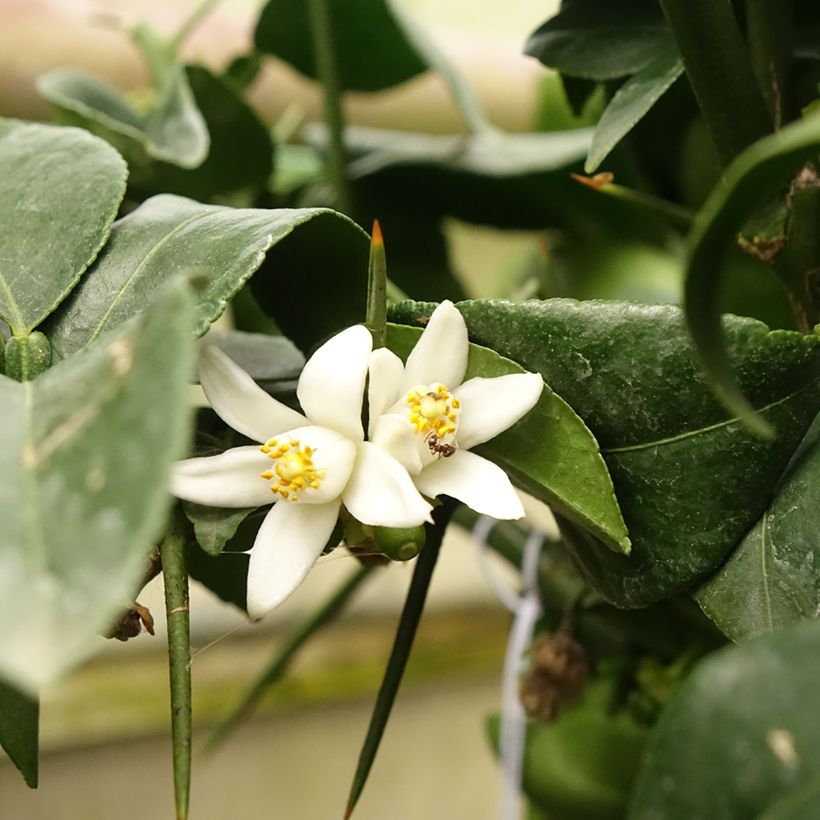

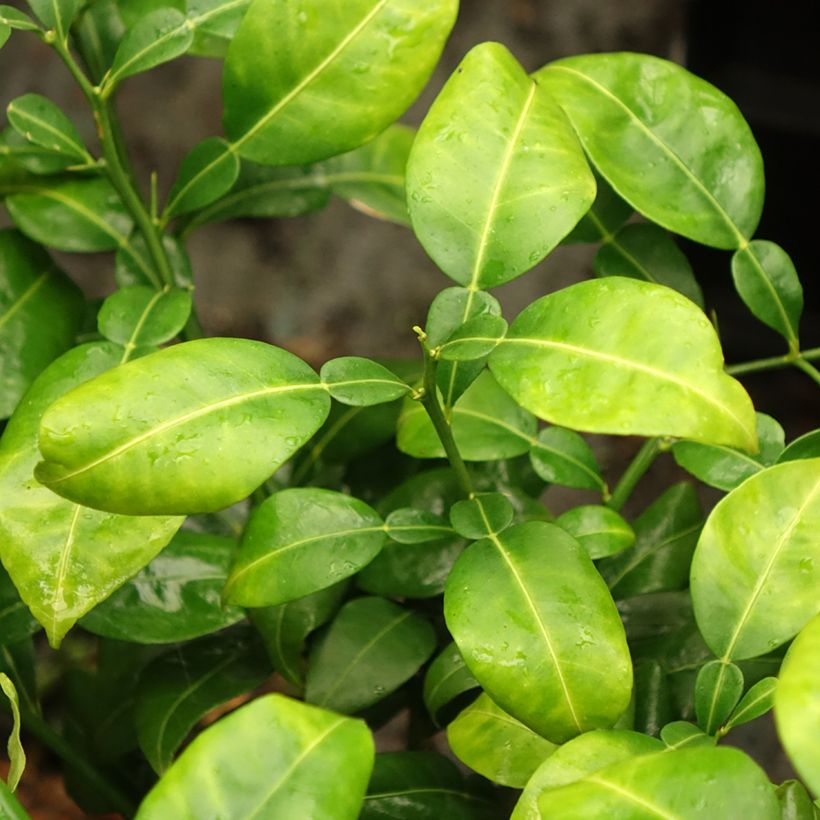



Plant habit
Fruit
Flowering
Foliage
Botanical data
Citrus
junos
Rutaceae
Yuzu
Southeast Asia
Other Citrus trees
View all →Planting and care
- Planting Yuzu in the ground: Yuzu, like most citrus trees, prefers neutral, slightly acidic, and non-limestone soils. It is only reasonable to plant it in the ground if you reside in the olive tree zone, where temperatures do not drop below -10°C (14°F) for brief periods and rise significantly during the day. Citrus trees are heat and sun-loving bushes. The best time to plant is in early spring, in March and April. Be careful not to bury the collar. Citrus trees are naturally greedy and require water to bear fruit well: in any case, consider amending with well-decomposed compost or "special citrus" fertilizer. Choose a sunny but not scorching location for your bush, sheltered from the wind to prevent it from drying out the foliage and dropping young forming fruits. Place it in a location protected from sea spray.
- Planting in a pot: In all other regions, Yuzu will be planted in a pot that you can keep in a greenhouse or a minimally heated conservatory, but frost-free permanently but will appreciate being outside in summer. Planting in a pot or repotting takes place at the end of summer. Choose a pot slightly larger than the root system, citrus trees do not like to feel cramped. Moisten the root ball well. To improve the drainage capacity of the mixture, line the bottom of the pot with clay balls. Loosen the root ball and mix two-thirds garden soil with one-third "special citrus" compost. Water thoroughly. Prefer terracotta pots or breathable materials. Citrus trees need a lot of water to thrive. Your Yuzu must be regularly watered with water that is low in or free from limestone, and the soil must remain moist at all times. Similarly, make sure to regularly provide it with the fertilizer it needs: every 6 months for slow-release granular fertilizer or every 3 waterings for liquid fertilizer.
Planting period
Intended location
Care
-
, onOrder confirmed
Reply from on Promesse de fleurs
Similar products
Haven't found what you were looking for?
Hardiness is the lowest winter temperature a plant can endure without suffering serious damage or even dying. However, hardiness is affected by location (a sheltered area, such as a patio), protection (winter cover) and soil type (hardiness is improved by well-drained soil).

Photo Sharing Terms & Conditions
In order to encourage gardeners to interact and share their experiences, Promesse de fleurs offers various media enabling content to be uploaded onto its Site - in particular via the ‘Photo sharing’ module.
The User agrees to refrain from:
- Posting any content that is illegal, prejudicial, insulting, racist, inciteful to hatred, revisionist, contrary to public decency, that infringes on privacy or on the privacy rights of third parties, in particular the publicity rights of persons and goods, intellectual property rights, or the right to privacy.
- Submitting content on behalf of a third party;
- Impersonate the identity of a third party and/or publish any personal information about a third party;
In general, the User undertakes to refrain from any unethical behaviour.
All Content (in particular text, comments, files, images, photos, videos, creative works, etc.), which may be subject to property or intellectual property rights, image or other private rights, shall remain the property of the User, subject to the limited rights granted by the terms of the licence granted by Promesse de fleurs as stated below. Users are at liberty to publish or not to publish such Content on the Site, notably via the ‘Photo Sharing’ facility, and accept that this Content shall be made public and freely accessible, notably on the Internet.
Users further acknowledge, undertake to have ,and guarantee that they hold all necessary rights and permissions to publish such material on the Site, in particular with regard to the legislation in force pertaining to any privacy, property, intellectual property, image, or contractual rights, or rights of any other nature. By publishing such Content on the Site, Users acknowledge accepting full liability as publishers of the Content within the meaning of the law, and grant Promesse de fleurs, free of charge, an inclusive, worldwide licence for the said Content for the entire duration of its publication, including all reproduction, representation, up/downloading, displaying, performing, transmission, and storage rights.
Users also grant permission for their name to be linked to the Content and accept that this link may not always be made available.
By engaging in posting material, Users consent to their Content becoming automatically accessible on the Internet, in particular on other sites and/or blogs and/or web pages of the Promesse de fleurs site, including in particular social pages and the Promesse de fleurs catalogue.
Users may secure the removal of entrusted content free of charge by issuing a simple request via our contact form.
The flowering period indicated on our website applies to countries and regions located in USDA zone 8 (France, the United Kingdom, Ireland, the Netherlands, etc.)
It will vary according to where you live:
- In zones 9 to 10 (Italy, Spain, Greece, etc.), flowering will occur about 2 to 4 weeks earlier.
- In zones 6 to 7 (Germany, Poland, Slovenia, and lower mountainous regions), flowering will be delayed by 2 to 3 weeks.
- In zone 5 (Central Europe, Scandinavia), blooming will be delayed by 3 to 5 weeks.
In temperate climates, pruning of spring-flowering shrubs (forsythia, spireas, etc.) should be done just after flowering.
Pruning of summer-flowering shrubs (Indian Lilac, Perovskia, etc.) can be done in winter or spring.
In cold regions as well as with frost-sensitive plants, avoid pruning too early when severe frosts may still occur.
The planting period indicated on our website applies to countries and regions located in USDA zone 8 (France, United Kingdom, Ireland, Netherlands).
It will vary according to where you live:
- In Mediterranean zones (Marseille, Madrid, Milan, etc.), autumn and winter are the best planting periods.
- In continental zones (Strasbourg, Munich, Vienna, etc.), delay planting by 2 to 3 weeks in spring and bring it forward by 2 to 4 weeks in autumn.
- In mountainous regions (the Alps, Pyrenees, Carpathians, etc.), it is best to plant in late spring (May-June) or late summer (August-September).
The harvesting period indicated on our website applies to countries and regions in USDA zone 8 (France, England, Ireland, the Netherlands).
In colder areas (Scandinavia, Poland, Austria...) fruit and vegetable harvests are likely to be delayed by 3-4 weeks.
In warmer areas (Italy, Spain, Greece, etc.), harvesting will probably take place earlier, depending on weather conditions.
The sowing periods indicated on our website apply to countries and regions within USDA Zone 8 (France, UK, Ireland, Netherlands).
In colder areas (Scandinavia, Poland, Austria...), delay any outdoor sowing by 3-4 weeks, or sow under glass.
In warmer climes (Italy, Spain, Greece, etc.), bring outdoor sowing forward by a few weeks.






























